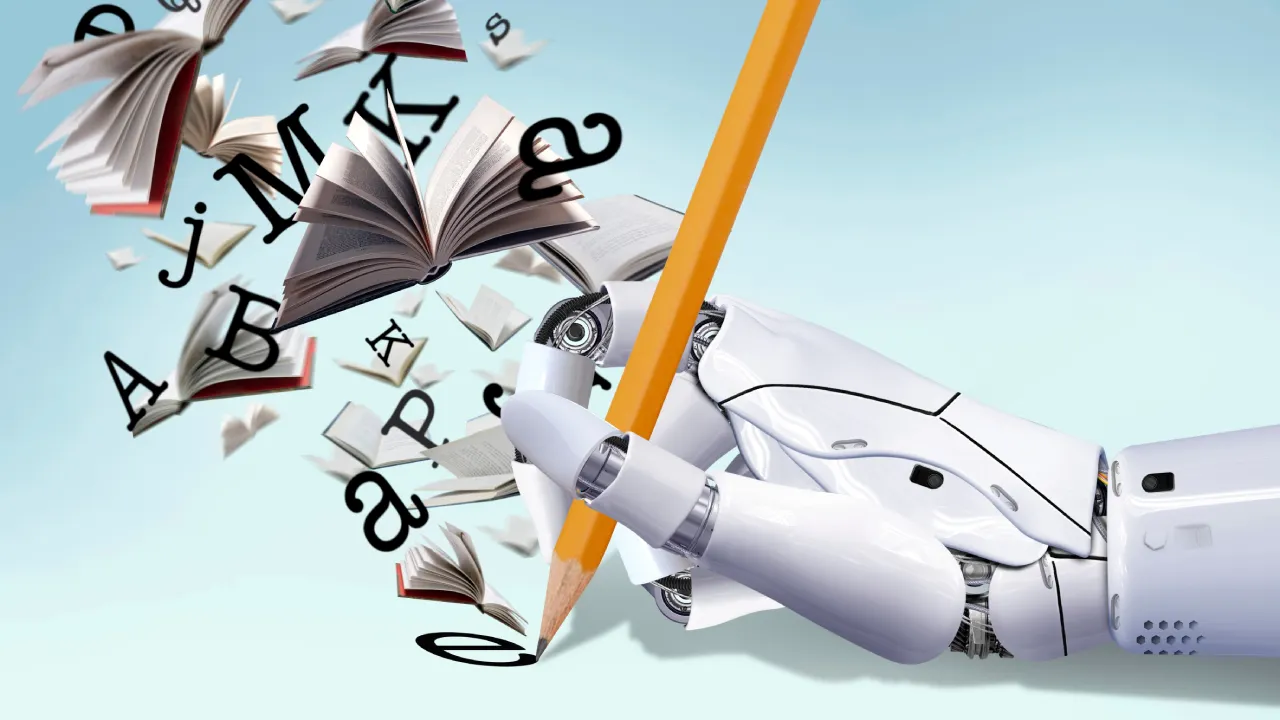British writers’ trade union the Society of Authors (SoA) has issued practical steps for practitioners looking to protect themselves against a panoply of potentially adverse effects from artificial intelligence, as the technology impacts on the creative industries.
The guidance chiefly covers the contractual use of authors’ original work by publishers and production companies. It asks that writers be aware of any rights over their work or likeness that they could be forfeiting in their contracts.
Performers and audiobook narrators are warned to be aware that by permitting the copying of their voice they could potentially compromise their future work by inadvertently permitting sophisticated speech modeling systems to substitute for performances.
The SoA asks that writers pay attention to the contractual terms of use of their work, how long it will be stored, to whom it will be permitted access, whether it will be edited/manipulated, and whether mechanisms are in place to reverse these terms if things go wrong.
'As companies implement new ways to monetise and manipulate our information, behaviour and creativity, we need to pause at these moments of consent to ensure we clearly understand what we are signing away.'
Advice from the SoA on #ArtificialIntelligencehttps://t.co/Od2O7uJGEO
— Society of Authors (@Soc_of_Authors) June 7, 2023
The guidance also advises against allowing publishers to “make substantial use of AI for any purpose in connection with your work” without consent. It goes on to list purposes like proof-reading, indexing, translation, and fact-checking and states that there are “questions over the current level of expertise afforded by AI.”
Finally, the SoA warns that work stored on cloud services can be used in the development and training of machine learning algorithms.
AI and writers
AI is a growing concern for writers the world over. In the U.S., it's become one of the key points of contention in the ongoing Writers Guild of America strike. The WGA has proposed that the use of AI on MBA-covered projects be regulated, including provisions against AI writing or rewriting literary material, the use of AI as source material, and the use of MBA-covered material to train AI. The Alliance of Motion Picture and Television Producers (AMPTP) rejected the proposal.
On the picket line, screenwriter and TV producer Josh Friedman dismissed AI as a "plagiarizing machine," while actress and computer scientist Justine Bateman took to Twitter to warn that AI in the creative industries needs to be addressed "now or never." Bateman added that, "I believe this is the last time any labor action will be effective in our business."
This week, Japan took an early stand on matters when a parliamentary member for the main opposition party clarified during a meeting of Japan’s Financial Oversight Committee that using datasets for training AI models doesn't violate Japanese copyright law. This means that AI trainers can collect public data without needing permission from the owners.
The risks haven’t stopped artists in other creative fields from embracing the technology and using their output to train AI models. Electro-pop star and NFT creator Grimes recently offered an even royalty split to anyone who uses her voice to craft an AI-generated hit. Her proposal also piqued the interest of Avenged Sevenfold singer M. Shadows, who called AI an "incredible tool" for musicians.

